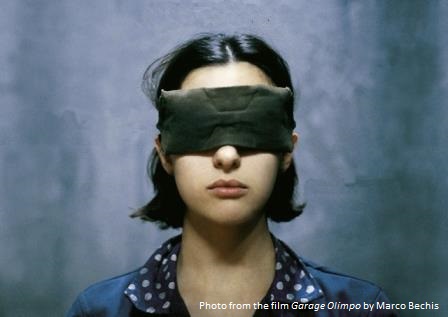Ideological Manipulation of Controversial Information: The Unusual Case of the Chinese-subtitled Version of House of Cards
DOI:
https://doi.org/10.13130/2035-7680/6845Parole chiave:
Translation, subtitling, China, culture, ideologyAbstract
In recent years, owing to the spread of cultural and economic globalisation, Western values and ideologies have become increasingly accessible via media products to the general public in the People’s Republic of China (Mainland China, or China). Although translation enables the exchange of socio-cultural values and ideas across different languages and cultures, it is susceptible to manipulation in terms of political and ideological control. This paper examines interventions by Chinese authorities in the online distribution of foreign audio-visual products. Such interventions are undertaken to secure broadcasting and distribution rights of the government which also encompass more conventional media from other countries, such as television, in promoting mainstream ideological values and political agendas. Censorship institutions supervise the selection of specific media products to be imported and translated for the Chinese market not only to ensure ease of comprehension but also for political correctness, with a view to avoid any clashes of cultures and ideologies. In the last decade, Chinese audiences have the rise of new media facilitating the wide-spread online viewing of foreign TV and thereby changing the dynamic of access and dissemination of foreign entertainment media in China. We argue that censorship institutions in China opt to adopt alternative strategies, or in many cases more relaxed criteria, in appraising foreign audiovisual products, in order to cater the demands of the new generation of Chinese audiences in those officially supervised media rather than suppressing their needs outright. We will dwell into the Chinese-subtitled version of the second season of the American political drama House of Cards (Netflix 2014), as released by Sohu, the largest online franchise in China. We consider the outcome of subtitling "honest" in terms of the exposure of sensitive information and controversial cultural and political allusions to the reality in contemporary China. By analysing possible reasons behind such “honest” exposure, we argue that an attempt at ideological manipulation has been made in this subtitled version, serving rather than subverting the political objectives of the Chinese government.Downloads
I dati di download non sono ancora disponibili.
Dowloads
Pubblicato
2016-02-18
Come citare
Wang, Dingkun, e Xiaochun Zhang. 2016. «Ideological Manipulation of Controversial Information: The Unusual Case of the Chinese-Subtitled Version of House of Cards». Altre Modernità, febbraio, 1-20. https://doi.org/10.13130/2035-7680/6845.
Fascicolo
Sezione
Saggi Ensayos Essais Essays




